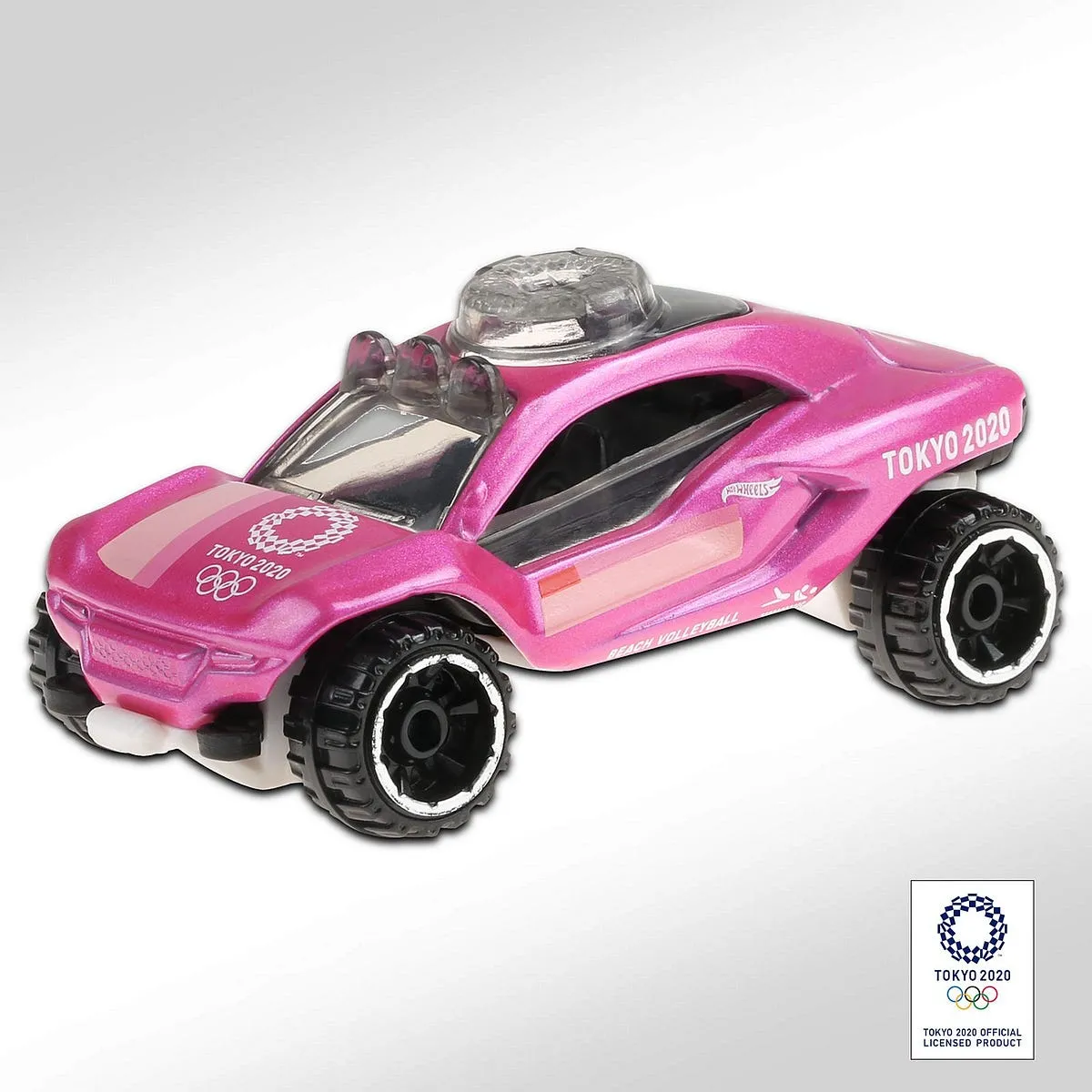Understanding the Diecast Car Wholesale Market in India
The diecast car market in India presents a lucrative opportunity for wholesalers, fueled by a growing collector base and a passion for miniature vehicles. However, navigating this market requires a keen understanding of its nuances. The demand spans various scales, brands, and eras, from classic vintage models to contemporary sports cars. Furthermore, the market is influenced by factors like import regulations, fluctuating currency exchange rates, and seasonal demand, especially during festive periods. Understanding the diverse customer segments, from seasoned collectors to casual hobbyists, is crucial for tailoring product offerings and marketing strategies. Moreover, staying updated on current trends, emerging brands, and popular models helps wholesalers stay competitive and meet the evolving needs of the market. The wholesale segment thrives on bulk purchases, competitive pricing, and efficient distribution channels, making it essential for businesses to establish strong relationships with suppliers and retailers. By understanding these dynamics, wholesalers can position themselves for success in this dynamic market.
Identifying Reliable Wholesale Suppliers
Finding dependable suppliers is paramount for a successful wholesale business. Reliability encompasses several key aspects, including product quality, consistent supply, competitive pricing, and adherence to delivery schedules. Establishing strong relationships with suppliers can result in better deals, preferential treatment, and access to exclusive products. Thoroughly researching potential suppliers is the first step, looking for established businesses with a proven track record. Online directories, industry forums, and trade shows are valuable resources for identifying potential partners. Furthermore, it is crucial to assess the supplier’s infrastructure, including their warehousing capabilities, quality control processes, and logistics arrangements. This is to ensure that products are stored and handled correctly. Transparency in communication and a willingness to address concerns are essential attributes of a reliable supplier. This builds trust and fosters a long-term partnership. Lastly, a good supplier should offer after-sales support and warranty options, providing added value to your business and ensuring customer satisfaction.
Research and Reputation
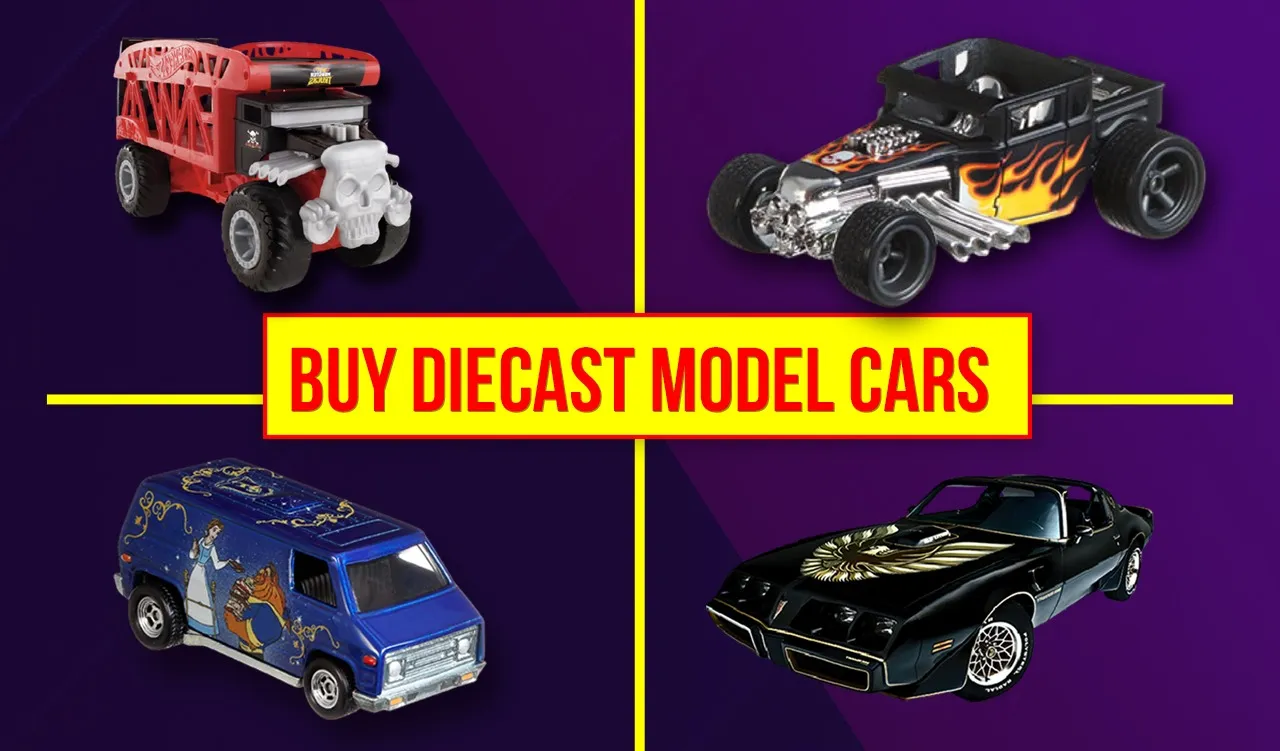
Before committing to a supplier, conduct extensive research into their reputation. Online reviews, testimonials, and industry feedback can provide valuable insights into their reliability and service quality. Check for any complaints or negative feedback regarding product quality, delivery issues, or customer service. Examining the supplier’s website and social media presence can provide insights into their professionalism and market standing. Contacting other businesses that have worked with the supplier can provide firsthand experiences and recommendations. Assessing their financial stability is another crucial step; a financially sound supplier is more likely to fulfill orders and maintain a consistent supply. Verify their business registration and any relevant certifications. This is to ensure they are operating legally and meeting industry standards. A reputable supplier will be transparent, responsive, and committed to providing high-quality products and services, making them a valuable partner for your wholesale business.
Pricing and Payment Terms
Negotiating favorable pricing and payment terms is essential for maximizing profitability in the wholesale market. Compare prices from multiple suppliers to ensure you are getting the best possible deal. Consider factors like the quantity of your order, the frequency of purchases, and the supplier’s overall business model. Negotiate for discounts based on bulk orders or long-term contracts. Understanding the payment terms offered by each supplier is also crucial. Common payment options include upfront payments, credit terms, and letters of credit. Assess which payment method best suits your financial situation and risk tolerance. Favor suppliers who offer flexible payment options. This can help you manage your cash flow effectively. Ensure that all pricing and payment terms are clearly outlined in a written agreement to avoid misunderstandings. Carefully review the fine print, including any late payment penalties or interest charges. A well-negotiated agreement ensures a mutually beneficial business relationship.
Quality Control and Authenticity
Maintaining high-quality standards and ensuring the authenticity of the diecast cars is crucial for building a strong reputation. Implement a thorough quality control process to inspect each shipment upon arrival. Check for any defects, damage, or inconsistencies in the products. This includes verifying the accuracy of the detailing, paintwork, and overall finish. If possible, visit the supplier’s facilities to observe their quality control procedures firsthand. Request samples before placing a large order to assess the product quality. Verify the authenticity of the diecast cars, especially if you are dealing with rare or limited-edition models. This may involve checking for official certifications, verifying serial numbers, or consulting with experts in the field. Educate yourself on the common signs of counterfeit products and be cautious of unusually low prices, which can be an indication of fake items. By prioritizing quality control and authenticity, you protect your customers and your business from reputational damage and legal issues.
Selecting the Right Diecast Car Types
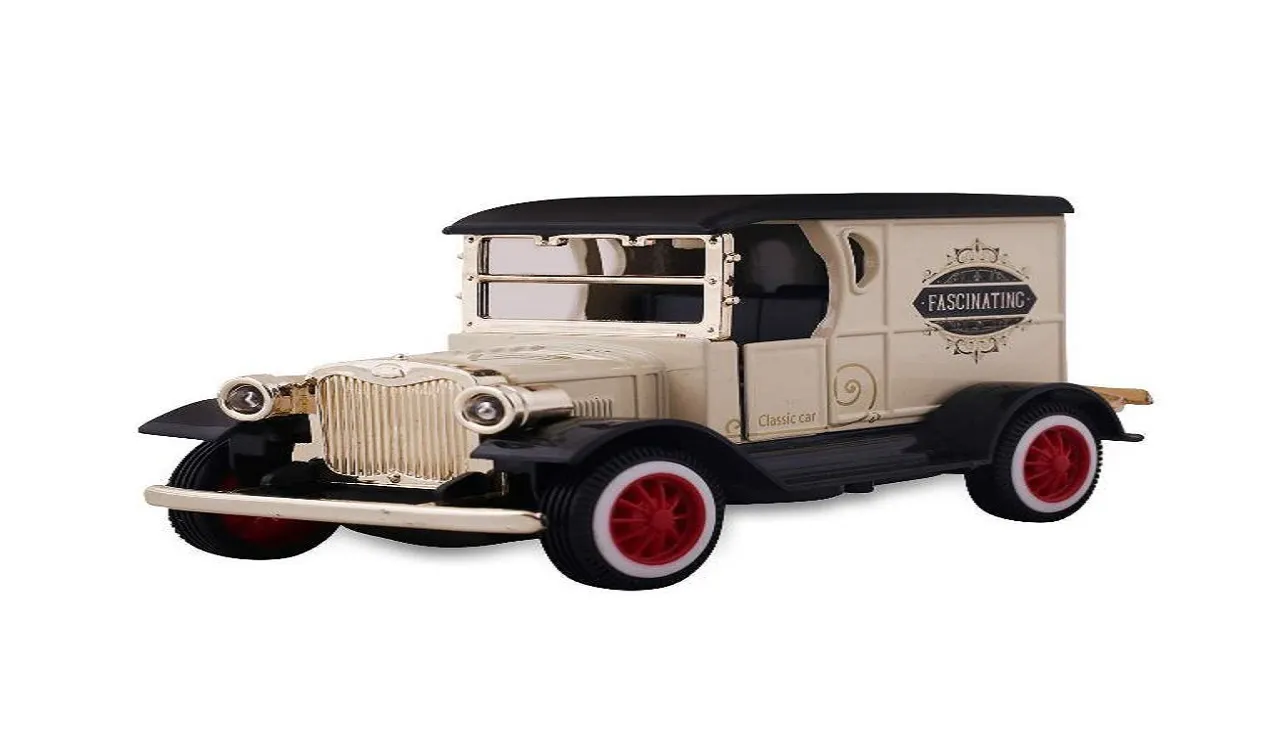
Selecting the right types of diecast cars is essential for meeting market demand and maximizing sales. The popularity of different car types varies depending on factors like age, demographics, and current trends. Research and analyze market trends to identify the most sought-after models and brands. Consider including a variety of scales, from the smaller 1:64 scale to the larger 1:18 scale, to cater to different collector preferences. Diversify your product offerings to include classic cars, sports cars, racing cars, and movie-themed vehicles. This will appeal to a wider customer base. Pay attention to the brands that are popular in the Indian market, such as Hot Wheels, Maisto, and others. Stocking a range of price points, from budget-friendly options to premium collectibles, will accommodate diverse customer budgets. Continuously monitor your sales data to identify top-performing models and adjust your inventory accordingly. Consider offering limited-edition or exclusive models. This can attract collectors and drive sales. The goal is to create a well-curated selection of diecast cars that meets the diverse preferences of the Indian market.
Scale and Brand Variety
Offering a variety of scales and brands is crucial for attracting a broad customer base. Different scales appeal to different collectors, so it is important to offer a range of sizes, from the popular 1:64 scale to the larger and more detailed 1:18 scale. Consider including other scales, such as 1:43 and 1:24, to cater to specific collector preferences. Stocking a diverse range of brands is equally important, as each brand has its unique style and target audience. Research popular brands in the Indian market, such as Hot Wheels, Matchbox, Maisto, and others. Also, include high-end brands like Autoart and Minichamps, to cater to serious collectors. Balance your inventory with a mix of established brands and emerging brands. This will help you discover new products and stay competitive. Monitor market trends and collector preferences to ensure you are stocking the brands and scales that are in demand. By offering a wide selection, you increase the chances of attracting customers with different tastes and preferences.
Target Audience and Demand
Understanding your target audience and the demand for specific diecast car types is fundamental for successful wholesale. Segment your market by identifying different collector profiles. These include casual hobbyists, serious collectors, and enthusiasts interested in specific brands or eras. Research the preferences of each segment. Consider their budget, interests, and collecting habits. Analyze market trends to identify the models and brands that are currently in demand. Use online tools, social media, and market research reports to gather data. Monitor sales trends and customer feedback to identify the most popular items. Use this data to adjust your inventory and marketing strategies. Focus on the specific niches or areas of interest within the diecast car world. This will allow you to specialize and attract a loyal customer base. By tailoring your offerings to the specific demands of your target audience, you can increase sales, customer satisfaction, and long-term profitability.
Managing Logistics and Shipping
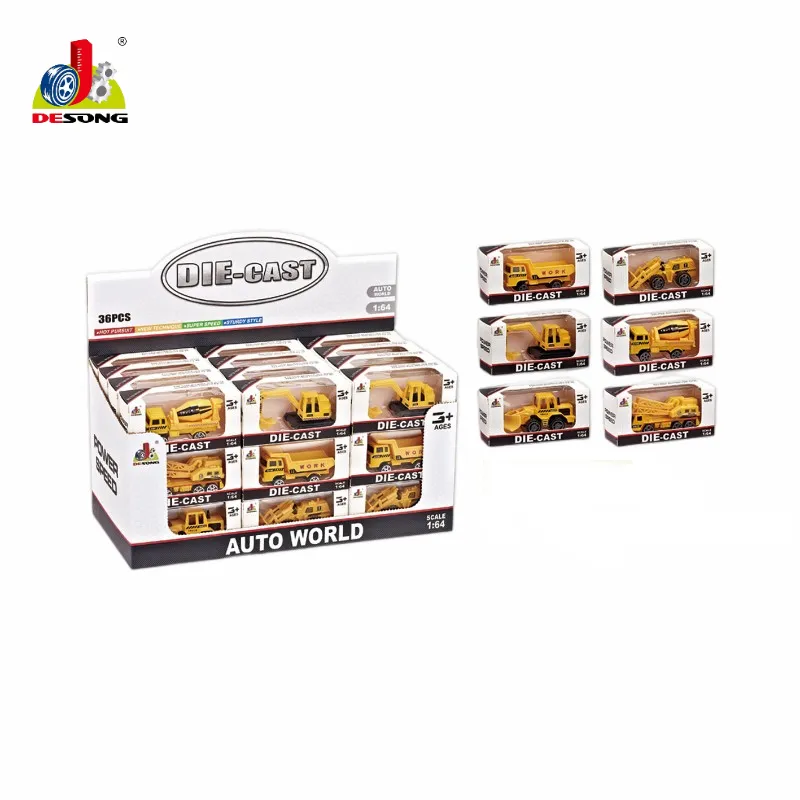
Efficient logistics and shipping are essential for the smooth operation of a wholesale diecast car business. A well-organized logistics system ensures that products are delivered on time and in good condition. This involves selecting reliable shipping partners, optimizing warehousing, and implementing inventory management systems. Partner with reputable shipping companies that offer tracking and insurance options. Negotiate competitive shipping rates to reduce costs. Optimize your warehousing by organizing your inventory efficiently. Implement a system to track stock levels and manage orders. Regularly inspect your inventory to prevent damage and spoilage. Ensure proper packaging to protect the diecast cars during transit. Use appropriate packing materials, such as bubble wrap, packing peanuts, and sturdy boxes. Consider offering various shipping options to cater to different customer needs, including standard, express, and international shipping. Implement a system to track all shipments and provide customers with real-time updates. By optimizing your logistics and shipping operations, you can minimize costs, improve customer satisfaction, and increase efficiency.
Shipping Costs and Insurance
Shipping costs and insurance are crucial factors that can significantly affect your profit margins. Shipping costs can vary depending on factors like weight, dimensions, destination, and the shipping carrier. Compare shipping rates from different carriers to find the most cost-effective option. Consider negotiating rates with shipping companies. This is particularly important if you are shipping large volumes of diecast cars. Offering free or discounted shipping can be a compelling marketing strategy to attract customers. Factor in the cost of insurance to protect your shipments from loss or damage during transit. Ensure that your shipping insurance covers the full value of the goods. In case of damage or loss, file a claim with the shipping carrier and the insurance provider. Maintain accurate records of all shipping costs and insurance premiums. Regularly review your shipping expenses and seek ways to optimize your costs without compromising the quality of your services. A well-managed approach to shipping costs and insurance can protect your profits and ensure customer satisfaction.
Customs and Import Regulations
Navigating customs and import regulations is essential if you plan to import diecast cars from other countries. Familiarize yourself with India’s import policies, including tariffs, duties, and taxes. These regulations can vary depending on the product type, origin, and value. Work with a customs broker to streamline the import process. They can assist with preparing the necessary documentation, clearing customs, and ensuring compliance with regulations. Understand the required documentation, such as commercial invoices, packing lists, and bills of lading. Accurately declare the value of the goods to avoid penalties. Ensure that all imported diecast cars comply with safety and quality standards. Stay updated on any changes to import regulations, as they can affect your business operations. Properly managing customs and import regulations can prevent delays, reduce costs, and ensure smooth operations.
Marketing and Sales Strategies
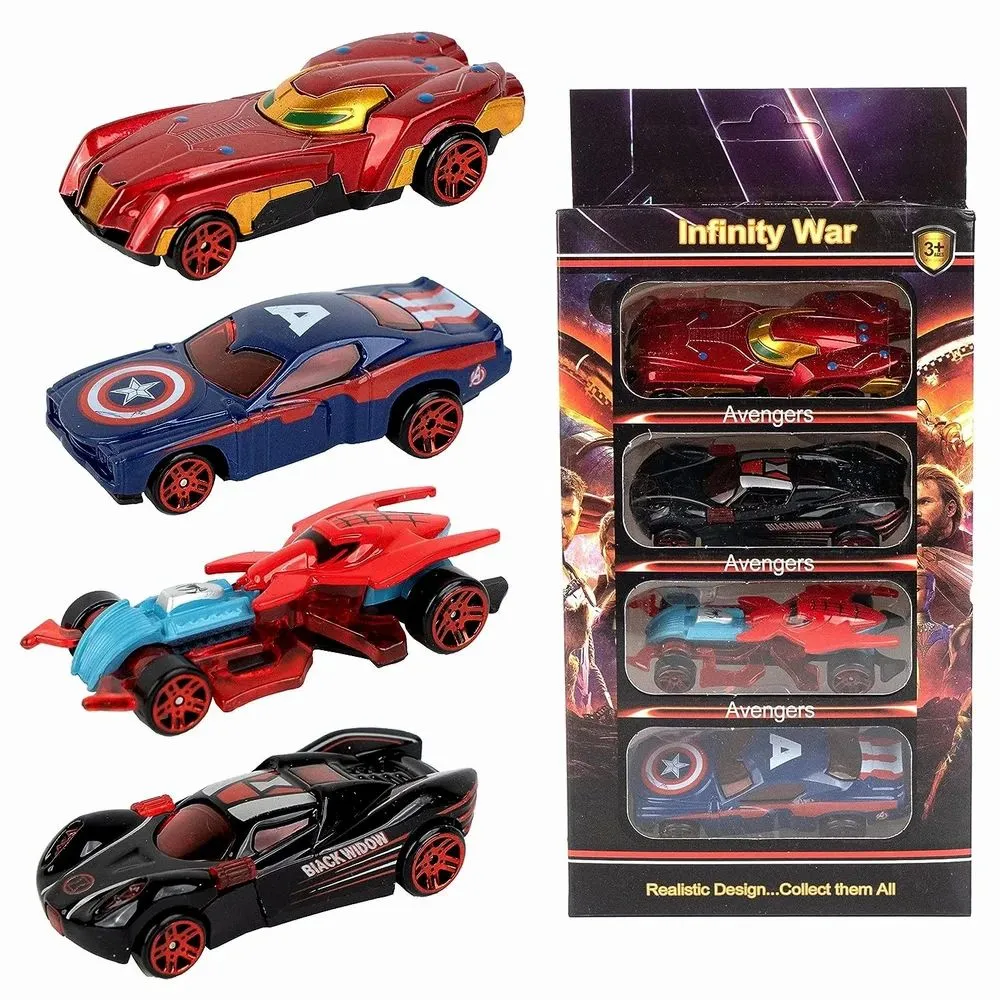
Effective marketing and sales strategies are crucial for attracting customers and driving sales in the wholesale diecast car market. Define your target audience and tailor your marketing efforts to reach them effectively. Use a multi-channel marketing approach, including online platforms, social media, and traditional advertising. Develop a professional website with clear product descriptions, high-quality images, and competitive pricing. Utilize search engine optimization (SEO) to improve your website’s visibility in search results. Build a strong social media presence on platforms like Instagram and Facebook. This will allow you to showcase your products, engage with potential customers, and run targeted advertising campaigns. Participate in industry events and trade shows to network with potential customers and partners. Offer discounts, promotions, and special offers to incentivize purchases. Implement a customer relationship management (CRM) system to manage customer interactions and track sales. Provide excellent customer service to build loyalty and encourage repeat business. By implementing effective marketing and sales strategies, you can increase brand awareness, attract customers, and drive sales.
Online Platforms and Marketplaces
Leveraging online platforms and marketplaces is essential for reaching a wider audience and boosting sales. Establish an online presence by creating an e-commerce website or partnering with existing online marketplaces. Popular options include Amazon, Flipkart, and specialized diecast car marketplaces. Optimize your product listings with high-quality images, detailed descriptions, and competitive pricing. Implement SEO best practices to improve your visibility in search results. Use social media platforms to promote your products and engage with potential customers. Run targeted advertising campaigns on platforms such as Google Ads and social media to reach specific customer segments. Offer a seamless online shopping experience with secure payment options and efficient shipping. Provide excellent customer service, including prompt responses to inquiries and easy returns. Continuously analyze your sales data and website traffic to optimize your online presence and marketing efforts. By effectively using online platforms and marketplaces, you can expand your reach, attract new customers, and drive sales.
Building Customer Relationships
Building strong customer relationships is crucial for long-term success in the wholesale diecast car market. Provide excellent customer service to build trust and loyalty. Respond promptly to customer inquiries, address any issues or concerns, and offer personalized support. Offer incentives for repeat business, such as exclusive discounts or early access to new products. Create a loyalty program to reward frequent buyers and encourage repeat purchases. Build a community around your brand by engaging with customers on social media. Encourage them to share their collections and experiences. Actively seek customer feedback to identify areas for improvement and enhance your offerings. Be transparent in your business practices and maintain open communication. Regularly update customers on new products, promotions, and industry news. By building strong customer relationships, you create a loyal customer base, drive repeat business, and foster positive word-of-mouth marketing. This is a powerful engine for sustainable growth.
Negotiating and Securing Deals
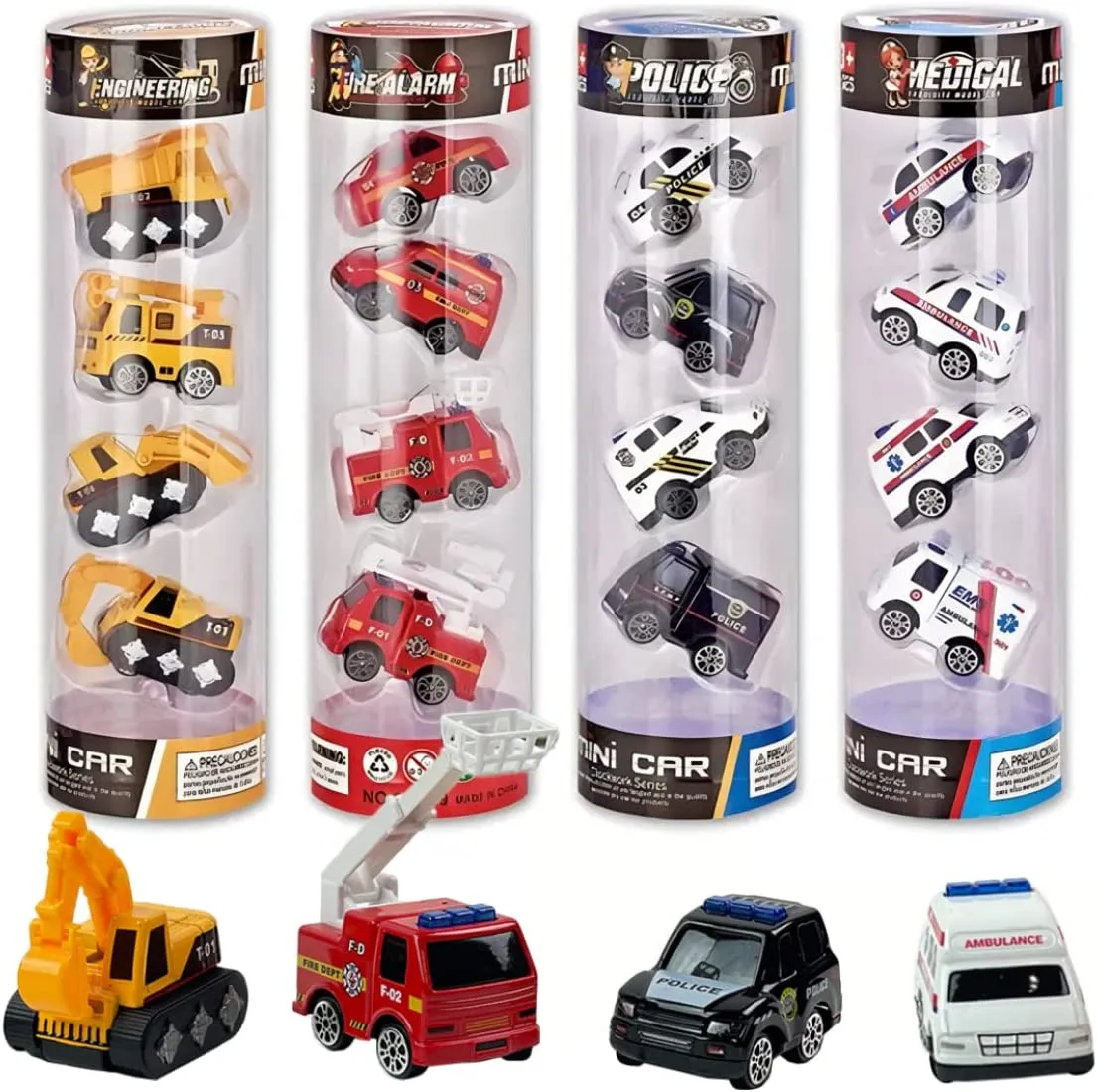
Negotiating and securing favorable deals is vital for maximizing profitability. Start by researching your target market to understand prevailing prices and demand. Determine your ideal profit margins before negotiating. Approach suppliers with confidence and a clear understanding of your business needs. Be prepared to negotiate on pricing, payment terms, and shipping costs. Focus on building long-term relationships with suppliers rather than solely on getting the lowest possible price. Be willing to compromise to reach a mutually beneficial agreement. Seek exclusive deals or bulk discounts to gain a competitive edge. Clearly define all terms and conditions in a written agreement to avoid misunderstandings. Regularly review your deals and renegotiate as needed to adapt to changing market conditions. By mastering the art of negotiation, you can secure favorable deals, improve your profitability, and build lasting relationships with your suppliers.
